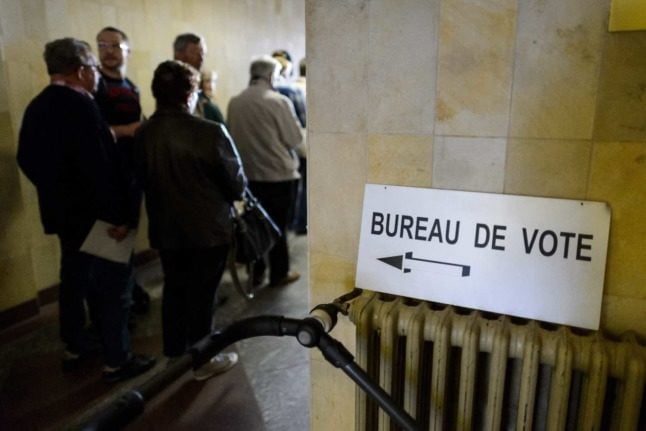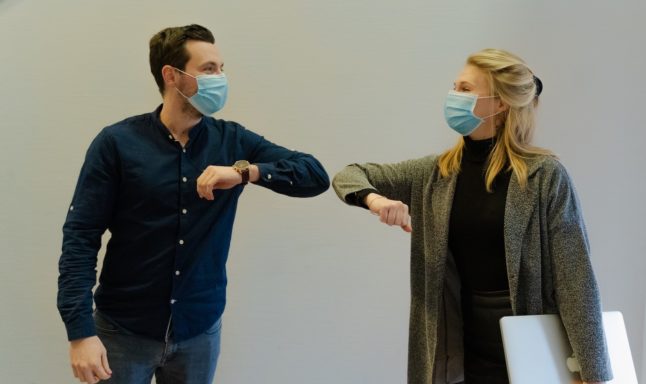On Sunday, November 29th, Swiss voters firmly backed the law behind the country’s Covid pass in a referendum.
The law provides the legal basis for the so-called Covid certificate to indicate that a person has been vaccinated or has recovered from the disease.
Final results showed 62 percent supported the law in a contest that saw voters surge to fill in their ballots.
Aside from the high turnout, the vote also exposed Switzerland’s urban-rural divide, along with a generational gap.
READ MORE: Swiss voters back Covid pass law
The support for the Covid measures was also slightly higher than the last Covid referendum, which took place in June.
Fourth highest turnout in Swiss history
In the lead up to the vote, early indications suggested that the highest-ever turnout record for a referendum could be broken, on the basis of early voting trends.
While this mark – 78 percent in the referendum on European Economic Area membership in 1992 – was not crossed, the vote still attracted one of the highest turnout records in Swiss history.
The 65 percent turnout was the fourth-highest since women were granted the vote in 1971, in a country where the average referendum turnout is 46 percent.
Despite the impact of the pandemic – or maybe because of it – the voter turnout in 2021 across Switzerland’s four referendum ballots is the highest since the 1970s.
Covid-19 law: How Switzerland reacted to the referendum results
Switzerland’s urban rural divide
The vote also highlighted the stark political divide between Switzerland’s urban and rural cantons.
In Switzerland’s dense, urban cantons, where the rate of foreign residents is high, political views trend more left-leaning, whereas the smaller, largely German-speaking rural cantons trend more conservative.
The only two cantons to vote no were two of the country’s most rural cantons – Schwyz and Appenzell-Innerrhoden.
These cantons also have the two lowest rates of vaccination anywhere in the country, with 58.69 percent and 55.05 percent respectively (to have had at least one shot of the vaccine).
Switzerland’s national average is 67.22 percent (with at least one shot of the vaccine).
Conversely, the two urbanised cantons of Basel City and Zurich supported the measure with a 70.6 percent and 66.2 percent majority.
READ MORE: What’s at stake in Switzerland’s Covid referendum on November 28th?
Age brackets
While not as influential as the country’s urban-rural divide, the vote also highlighted a generational difference, with younger people clearly opposing the Covid certificate and associated measures.
Polling conducted by Switzerland’s Tamedia group after the vote showed that 56 percent of people between the ages of 18 and 34 voted no.
The vote however won support of people aged 35 and over – and was particularly well supported by those aged over 65, who supported the vote with a 78 percent majority.
Slight increase in support for Covid measures to previous referendum
The 62 percent who supported the Covid certificate and associated measures on Sunday was slightly higher than the corresponding figure in the previous vote, in June.
Some cantons however saw significant changes in their level of support.
READ MORE: Is Switzerland delaying imposing new measures due to Covid referendum?
The small, German-speaking canton of Nidwalden supported the measure by 59 percent – a ten-point increase from the 49 percent who supported the vote in June.
Support however dropped in French and Italian-speaking Switzerland, even though each canton in these regions still ultimately supported the measure.
While it is difficult to see why this is the case, some commentators have argued it may be to do with the fact that the case rates and hospitalisations are lower in these parts of the country at present.



 Please whitelist us to continue reading.
Please whitelist us to continue reading.
Member comments